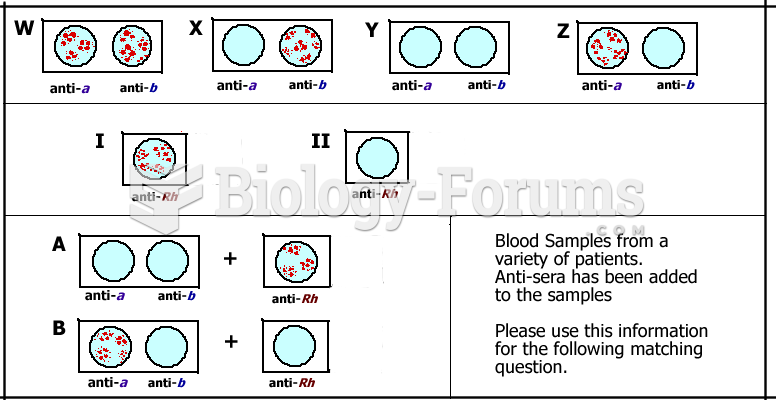Answer to Question 1
Even if the paralegal knows the answer to the question and thinks it would enhance the client's chances of winning the case if the juror understood the facts better, the paralegal should not answer the question. The paralegal should remind the juror that jurors are not permitted to discuss a case they are hearing with anyone. The paralegal should also inform the juror that as a paralegal, he or she has an ethical duty to abide by the professional rules of conduct governing the legal profession. One of these rules prohibits ex parte (private) communications with jurors about a case being tried. A paralegal must also inform the attorney that she is in trial with if this occurs.
These actions are consistent with NFPA's Model Code of Ethics and Professional Responsibility, Section EC-1.2(a): A paralegal shall not engage in any ex parte communications involving the courts or any other adjudicatory body in an attempt to exert undue influence or to obtain advantage or the benefit of only one party, and Section EC-1.5(f): A paralegal shall not engage in any indiscreet communications concerning clients. These actions are also consistent with the NALA Code of Ethics, Canon 9: A paralegal must do all other things incidental, necessary, or expedient for the attainment of the ethics and responsibilities as defined by statute or rule of court.
Answer to Question 2
Because unforeseeable circumstances or illness may necessitate that one or more of the sitting jurors be dismissed, the court seats several alternate jurors. Depending on the rules of the particular jurisdiction, a court might have two or three alternate jurors present throughout the trial. If a juror has to be excused in the middle of the trial, then an alternate can take his or her place without disrupting the proceedings. Unless they replace jurors, alternate jurors do not participate in jury deliberations at the end of the trial.







